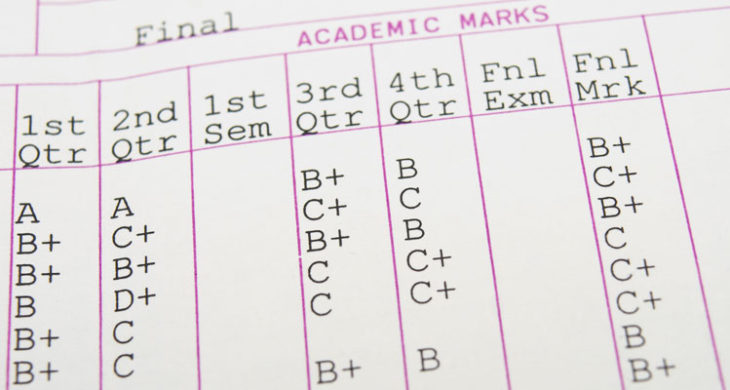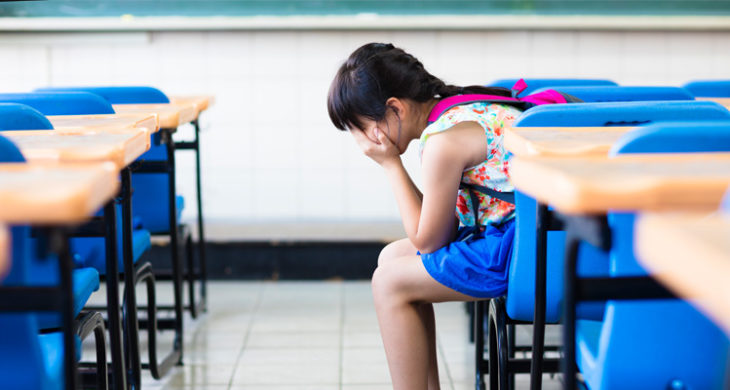The summer slide, summer brain drain, summer slump—it’s known by many names, but whatever you call it, summer learning loss is a problem.
Studies show that when given the same test at the beginning of summer break, and at the end, students will typically score significantly lower at the end of the summer. In fact, on average, students lose about two months’ worth of learning during the summer months.
Engaging children in learning, whether through summer school courses or informal educational activities, is essential to minimizing the effects of summer learning loss. Summer school courses are perhaps the best prevention for learning loss, particularly if students need extra help in a difficult subject, want to get ahead in school, or need to recover credits. However, even if students are not enrolled in summer school, learning shouldn’t stop just because the school year is over.
1. Catch up or dig deeper
Summer is a great time to devote extra attention to areas where students struggle, or to allow students to pursue their interests, diving deeper into topics they are passionate about. Have kids choose a subject they want to learn more about, or a new skill they want to work on, and make it a summer project. Once you’ve chosen a subject to focus on, try watching a summer movie that will help supplement what your child is learning.
2. Explore online learning activities
School may be out but online games and activities are available year-round. Visit the Learning Games section of Learning Liftoff for interactive activities, games, coloring pages, and other resources to keep students learning. Minimize summer learning loss by reviewing a subject you studied during the year, or move ahead to the next grade’s activities for a preview of what students can expect in the fall.
3. Take learning on the road
If your family is traveling this summer, involve kids in planning the trip, researching sites to visit, budgeting, and mapping out your journey. Kids will enjoy being involved and will benefit from real world lessons in math, history, and geography. If you can, visit a historic site your kids learned about in history, or take a trip to the zoo or aquarium to see animals they studied in science. Recent studies show that kids who are exposed to such cultural activities perform better in school and suffer less from summer learning loss. When you’re on the road, engage them in learning with fun road trip learning activities and games.
4. Read!
Libraries often offer summer reading programs, which can be a great way to motivate kids to read. If you’re not sure what they should read, try a suggestion from other parents on what they rank as the best children’s books or find out what books are planned for the next school year.
5. Find everyday learning opportunities
Summer is the perfect time to sneak learning into everyday life and many fun family activities are also great learning opportunities. Turn a visit to the beach into an opportunity to learn about sea creatures or how tides work. Cook a recipe together and make it a math lesson by figuring out how to double or halve it. Exploring the outdoors, gardening, art, and DIY projects are all great opportunities for kids to learn while having fun at home.
The summer months also offer students the opportunity to get a jump on the school year ahead by catching up on difficult topics, exploring new subjects, learning a new language, and digging deeper with more challenging courses. K12, the leader in kindergarten through 12th grade online education, offers a number of individual online classes developed by educational experts for elementary and high school students. These accredited courses include all core subjects, world languages, and AP and Honors courses. K12 also offers summer school courses specifically designed for the summer months. These are full versions of regular K12 courses that are paced to be completed in the shorter, summertime frame. They include credit recovery courses as well as elective courses.
,










